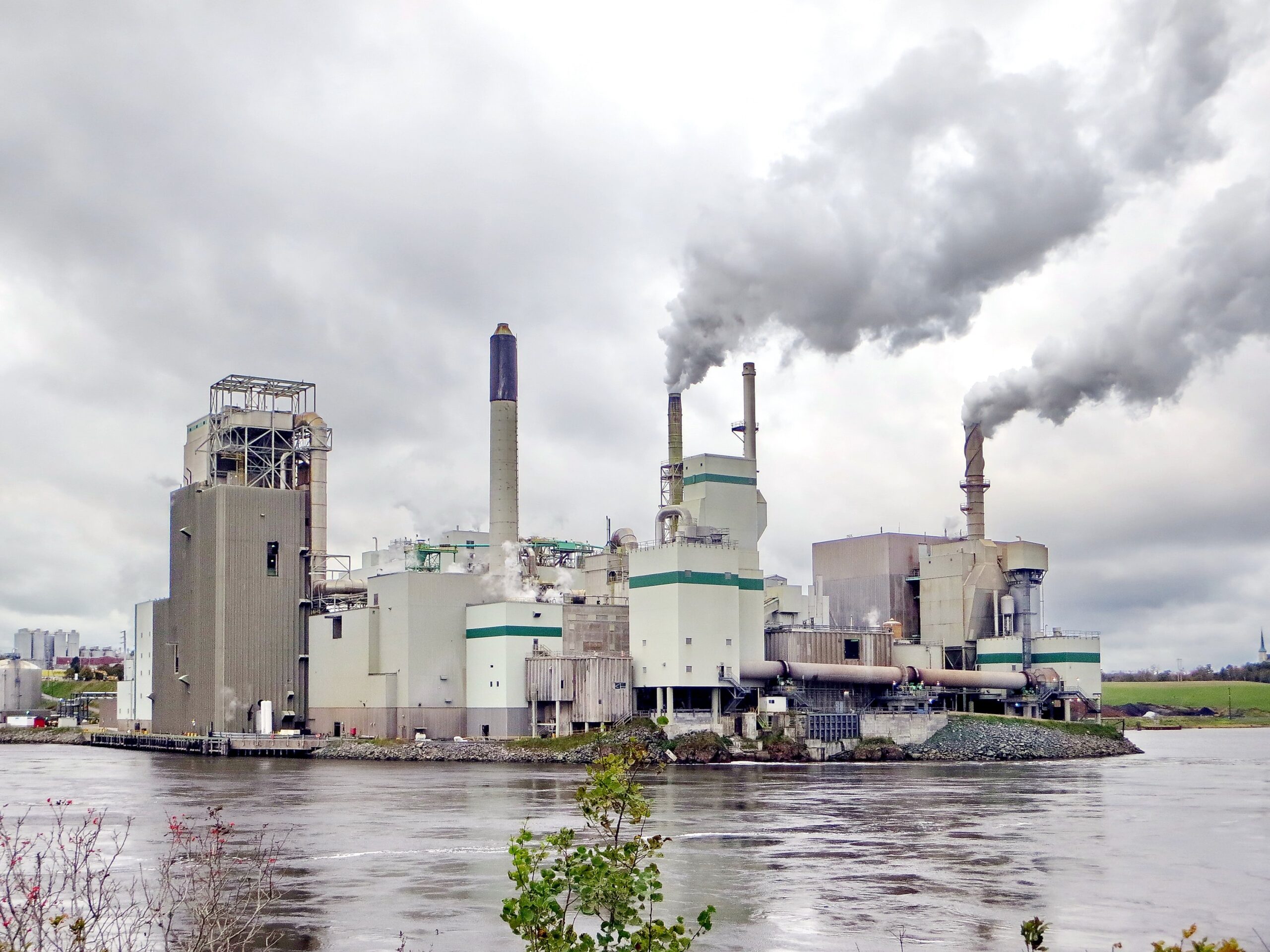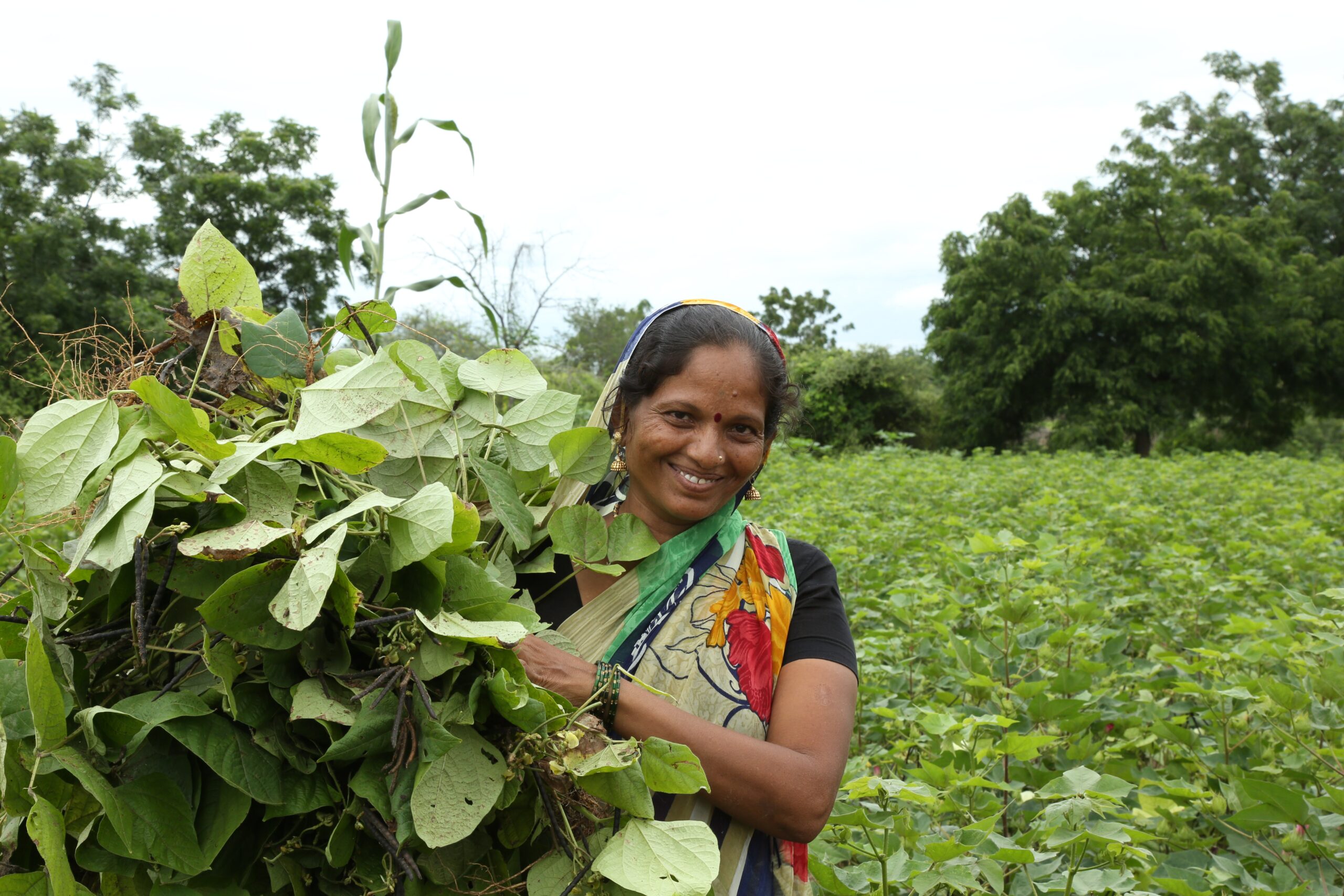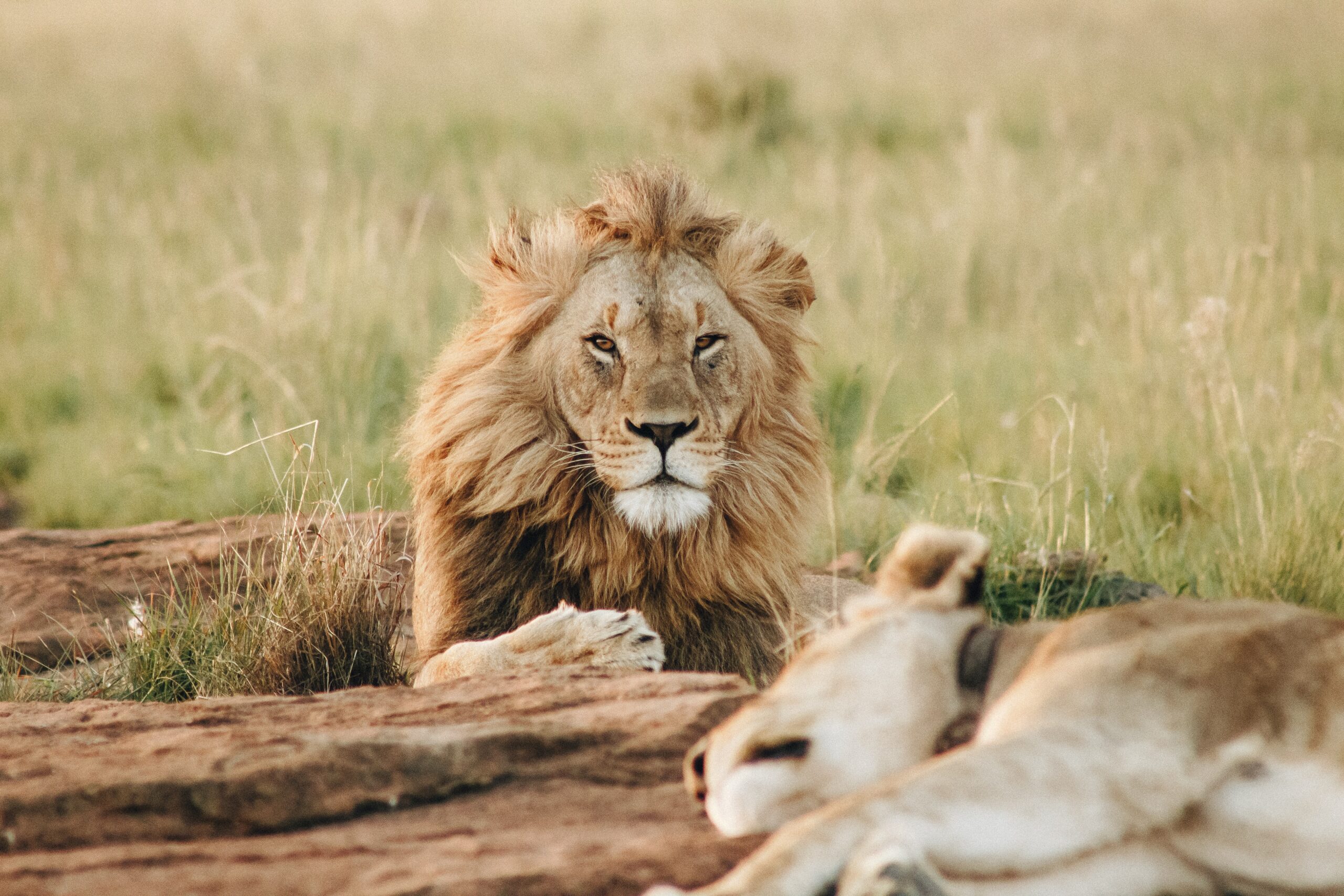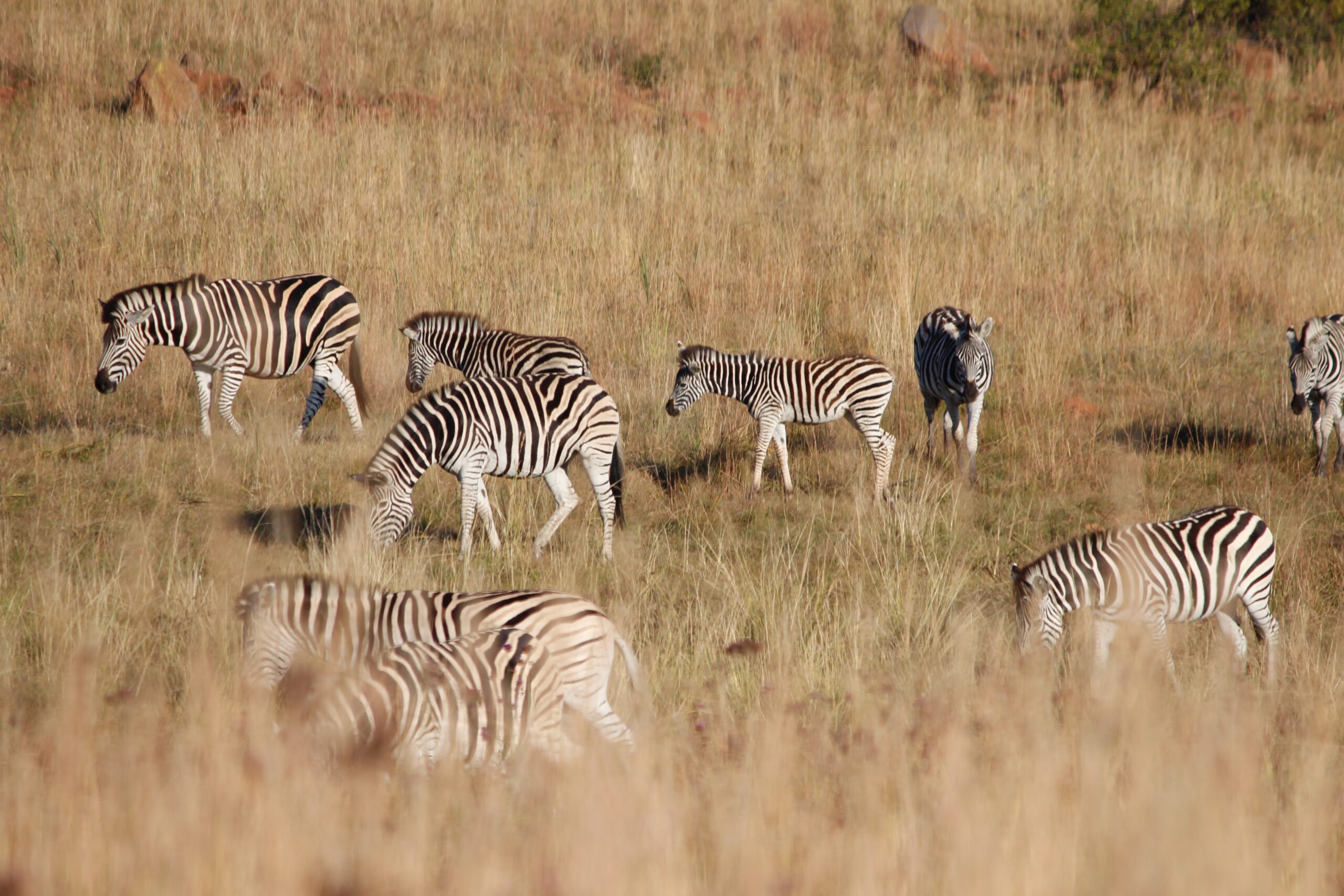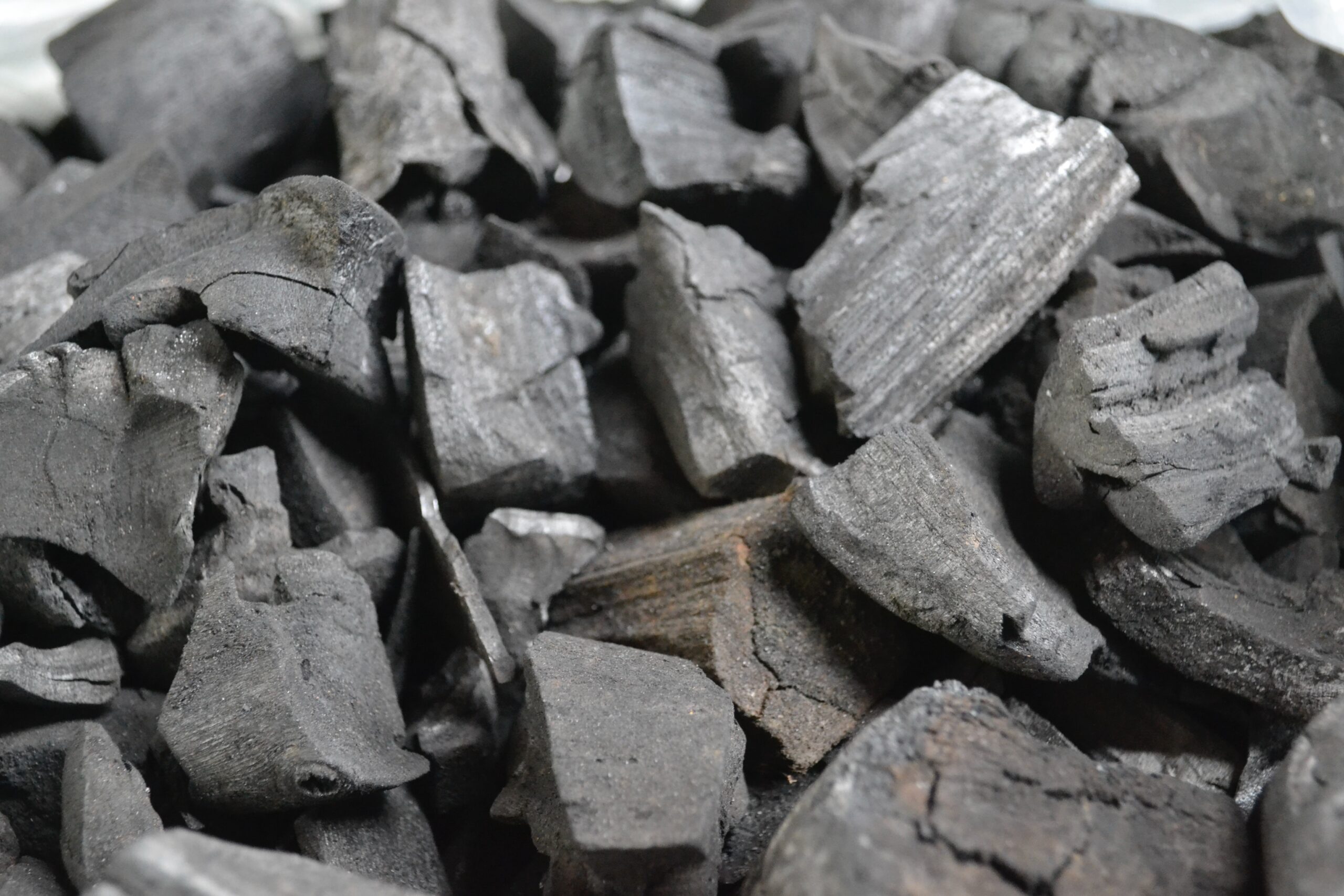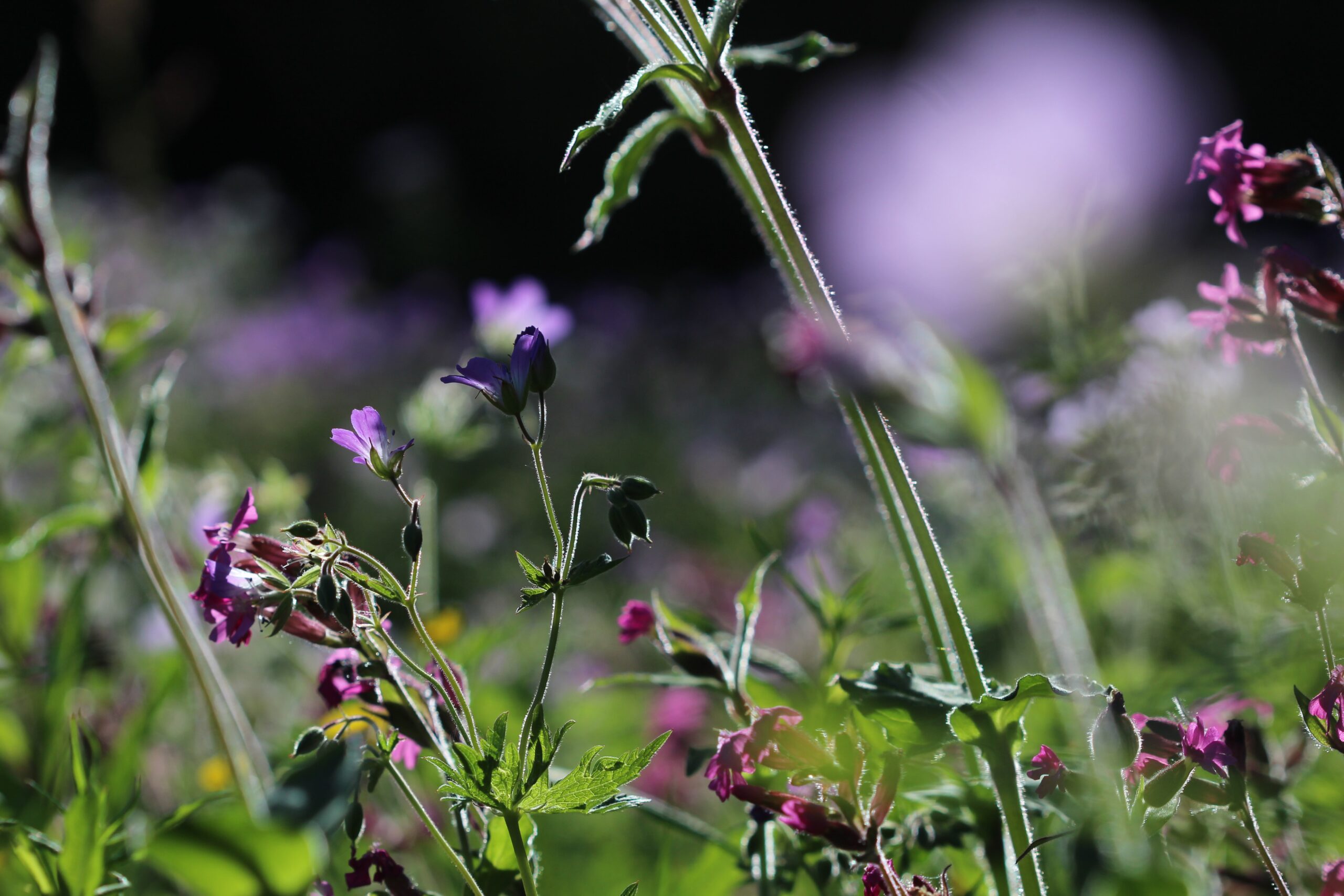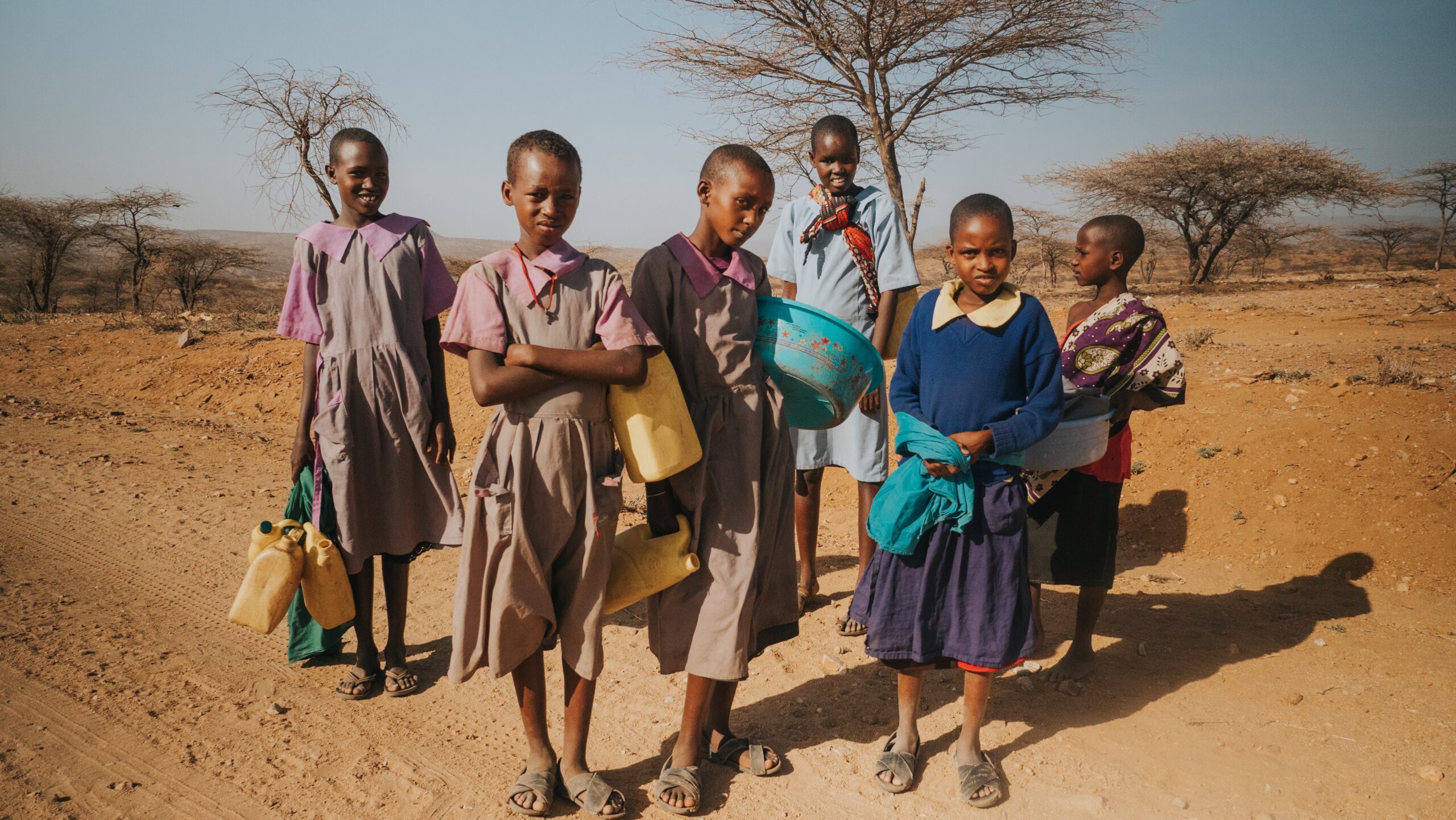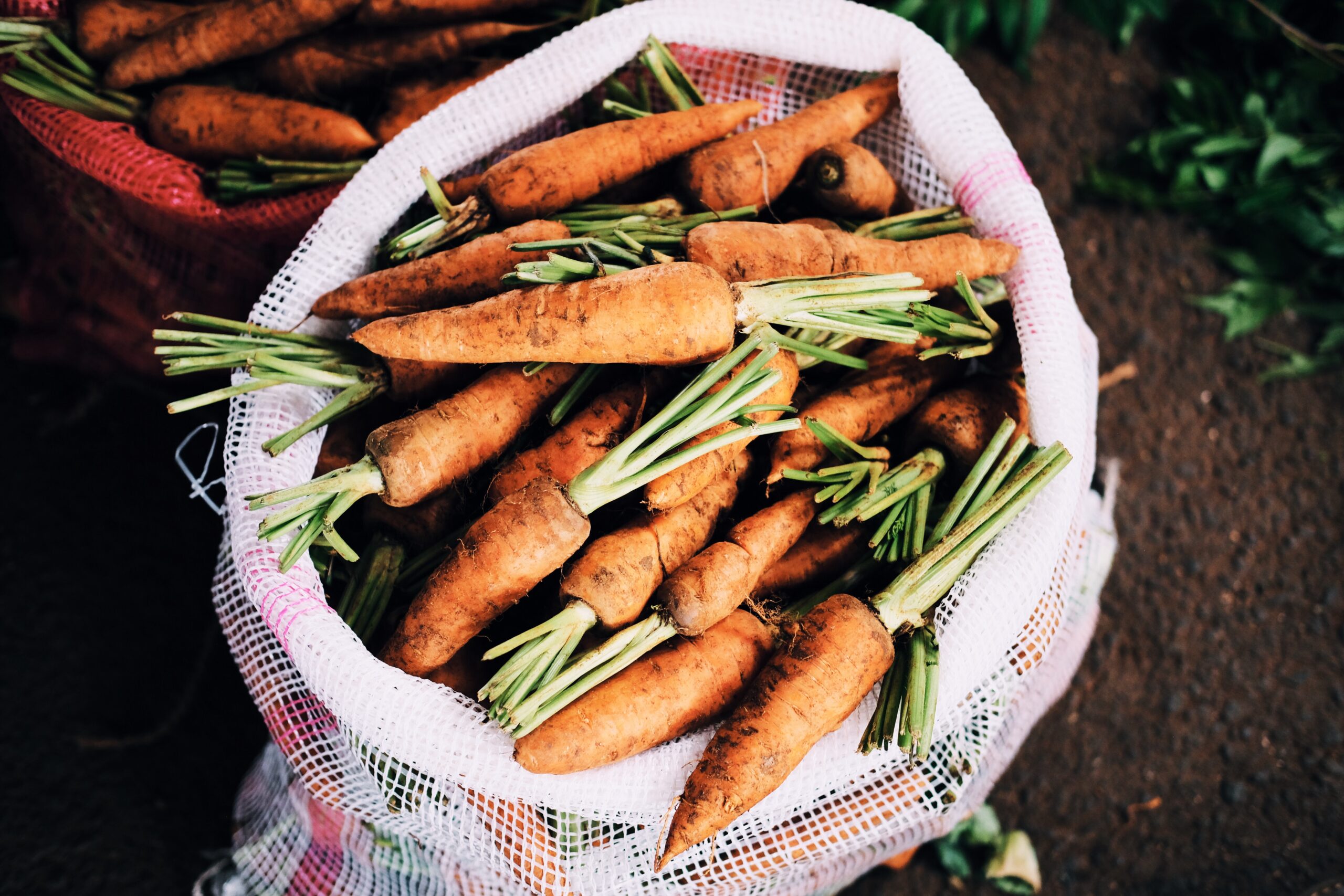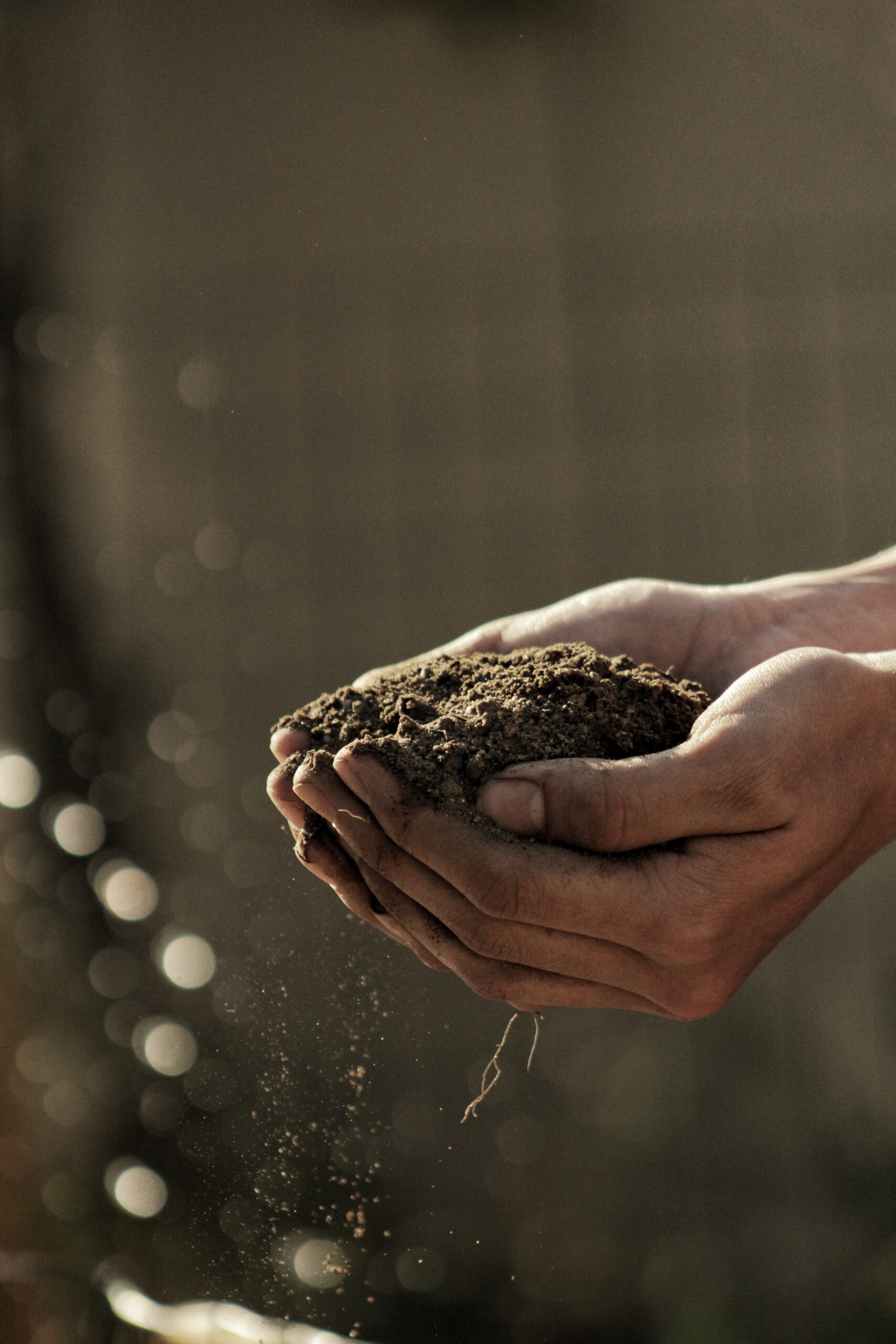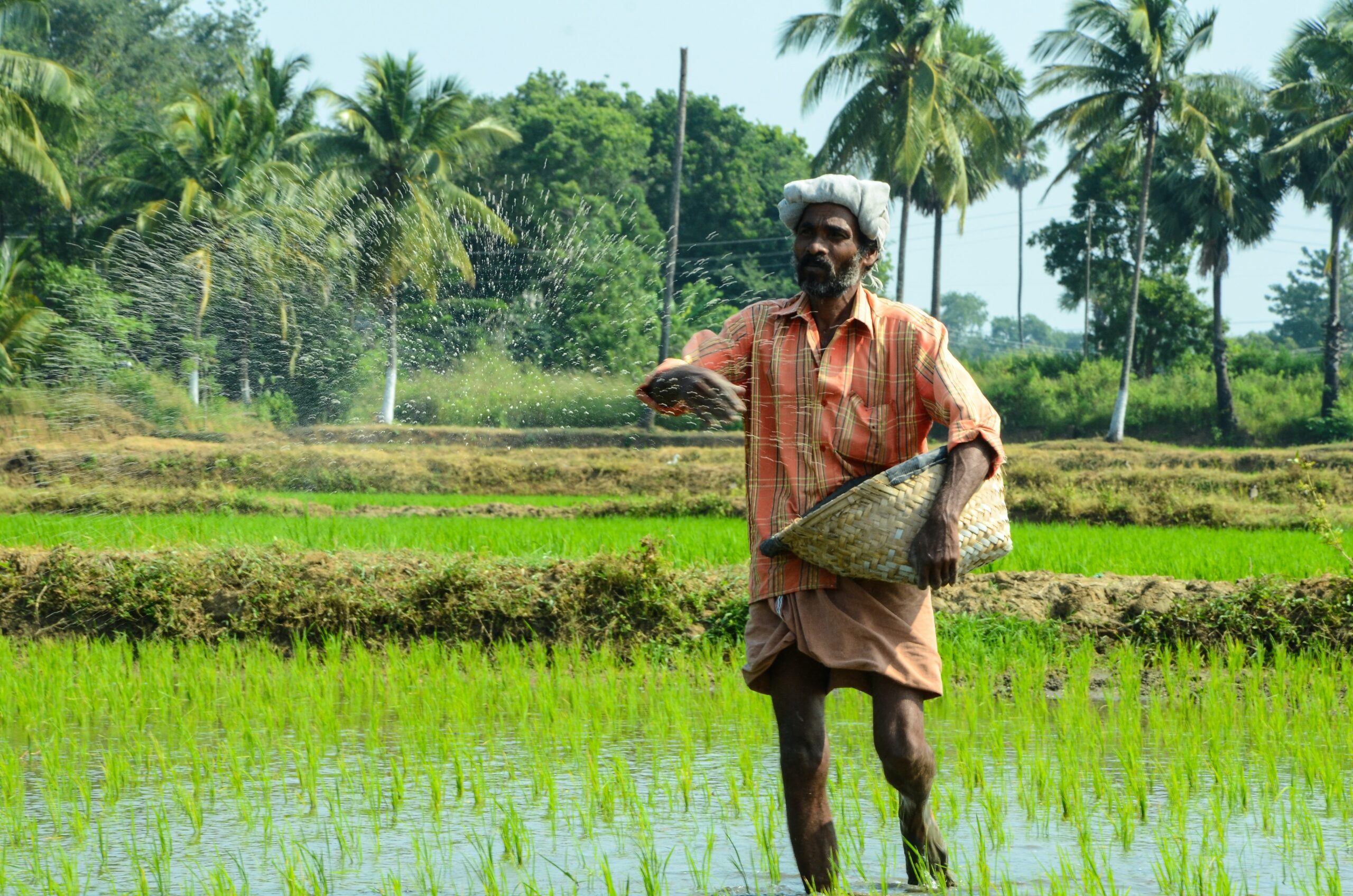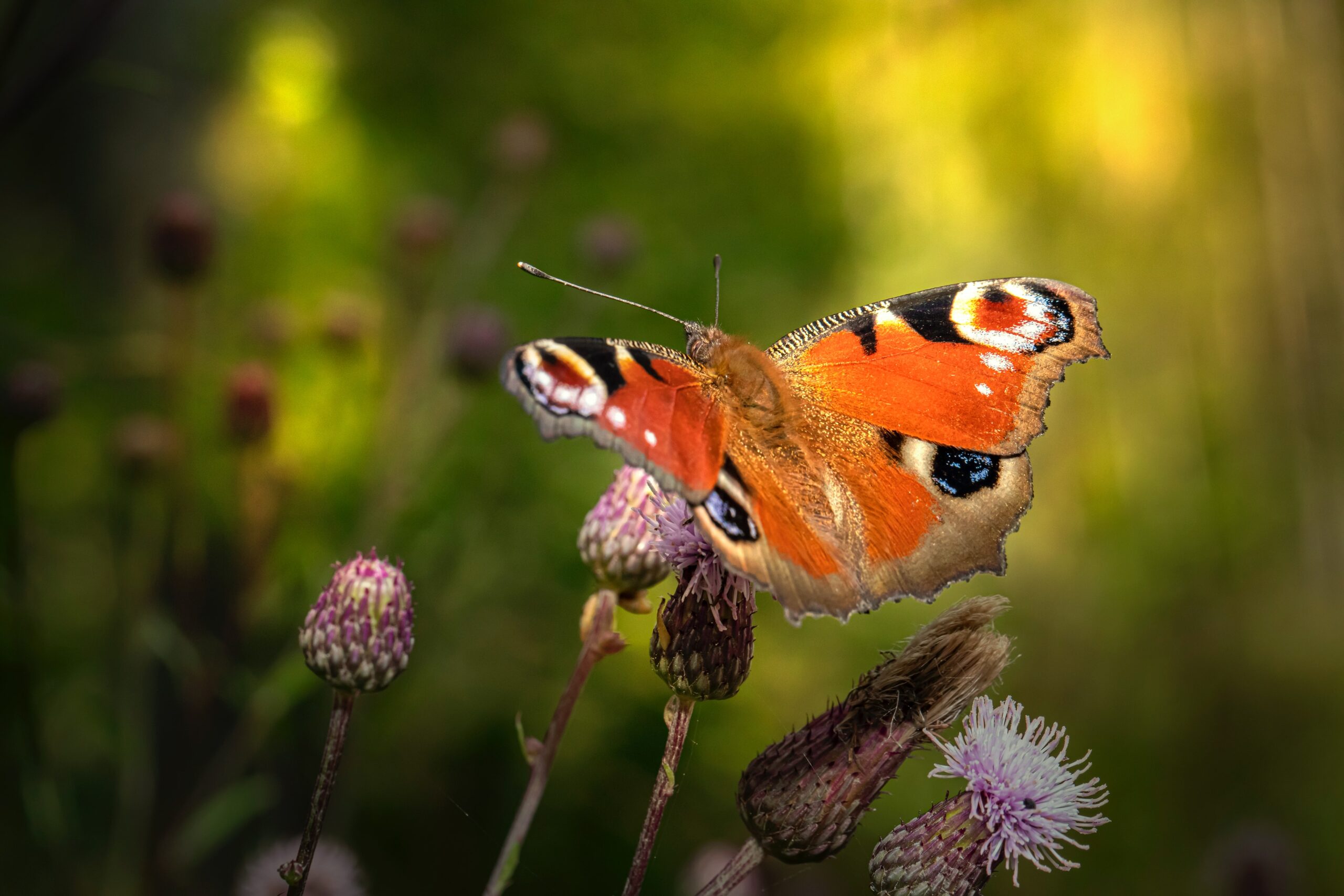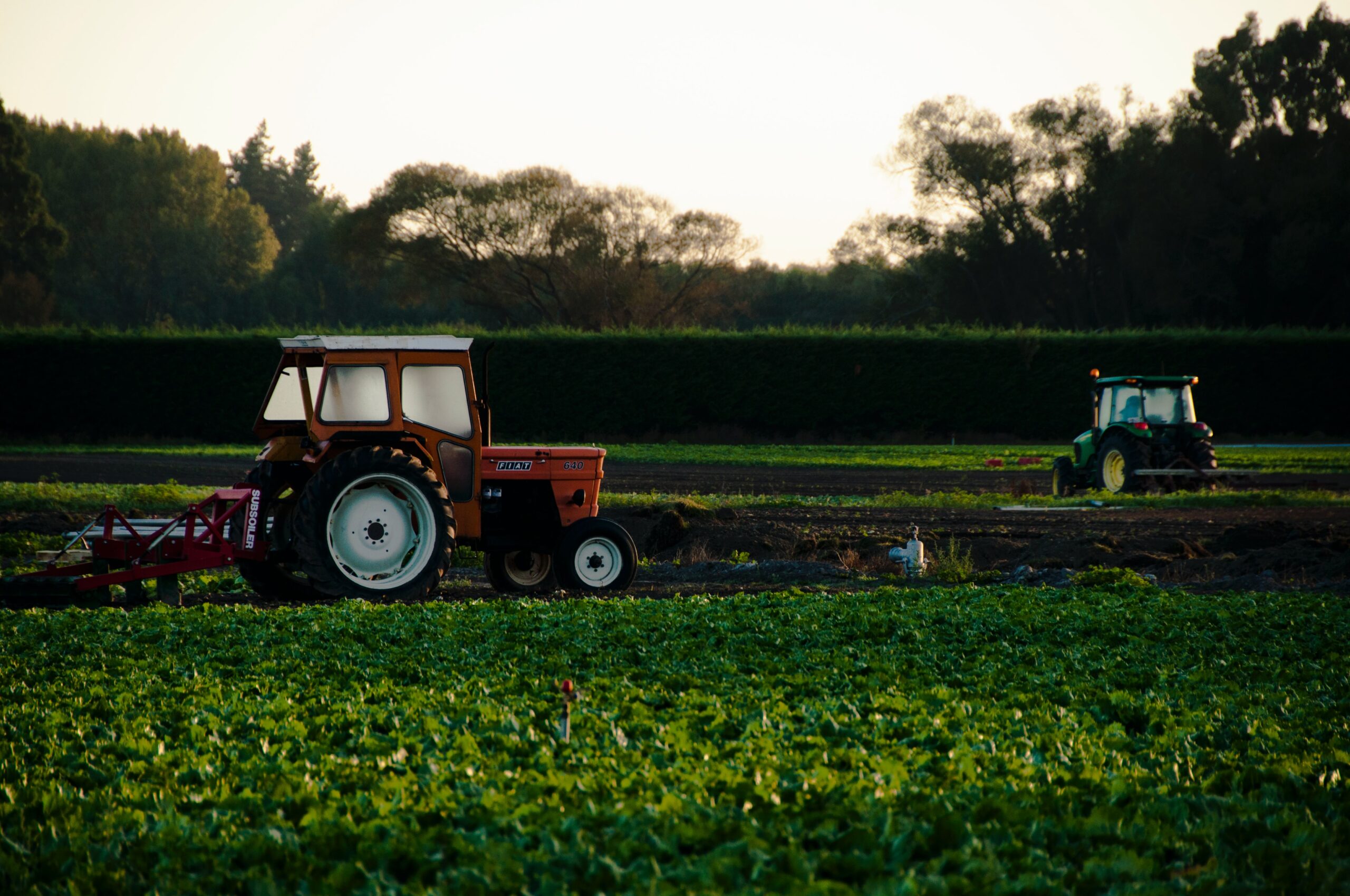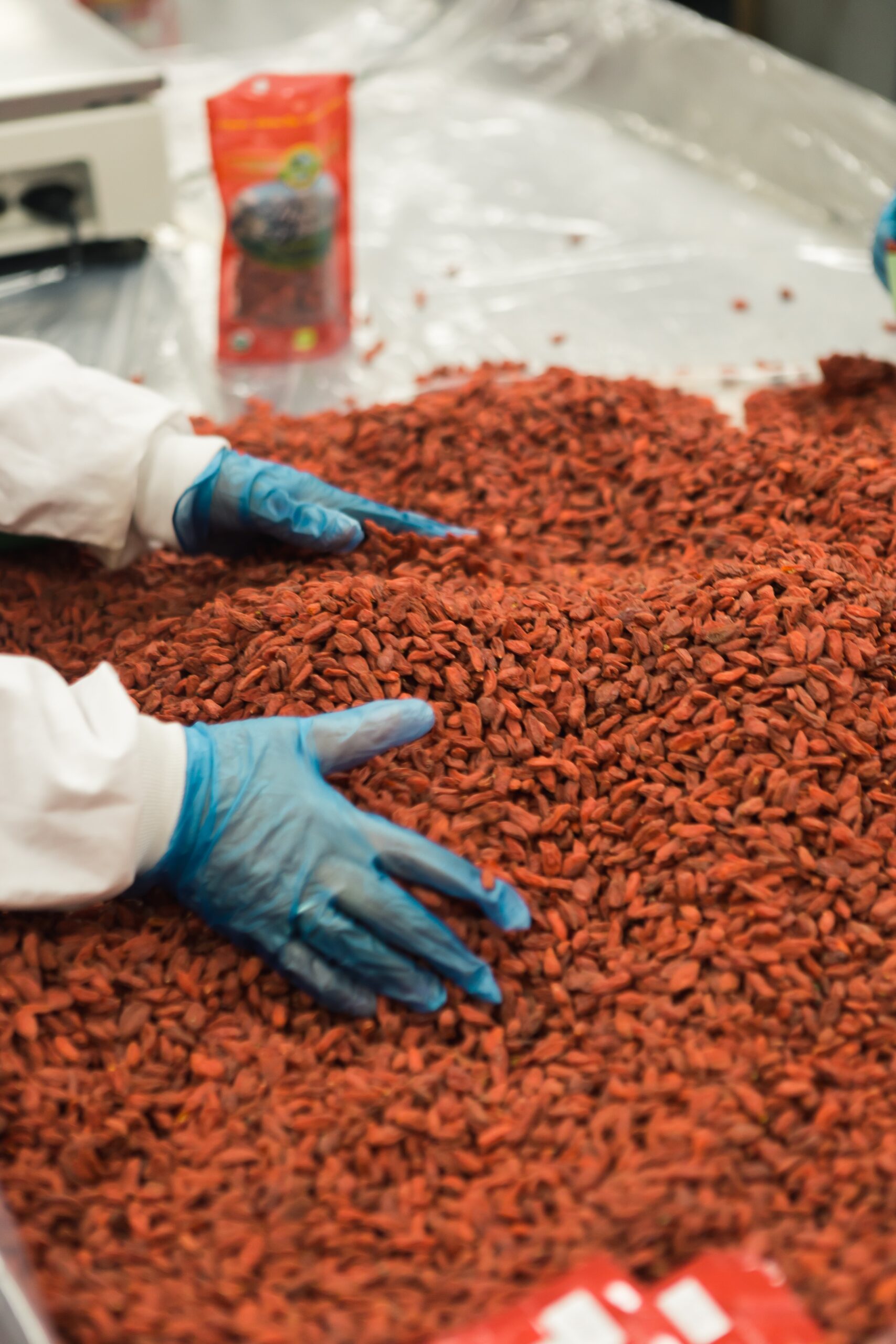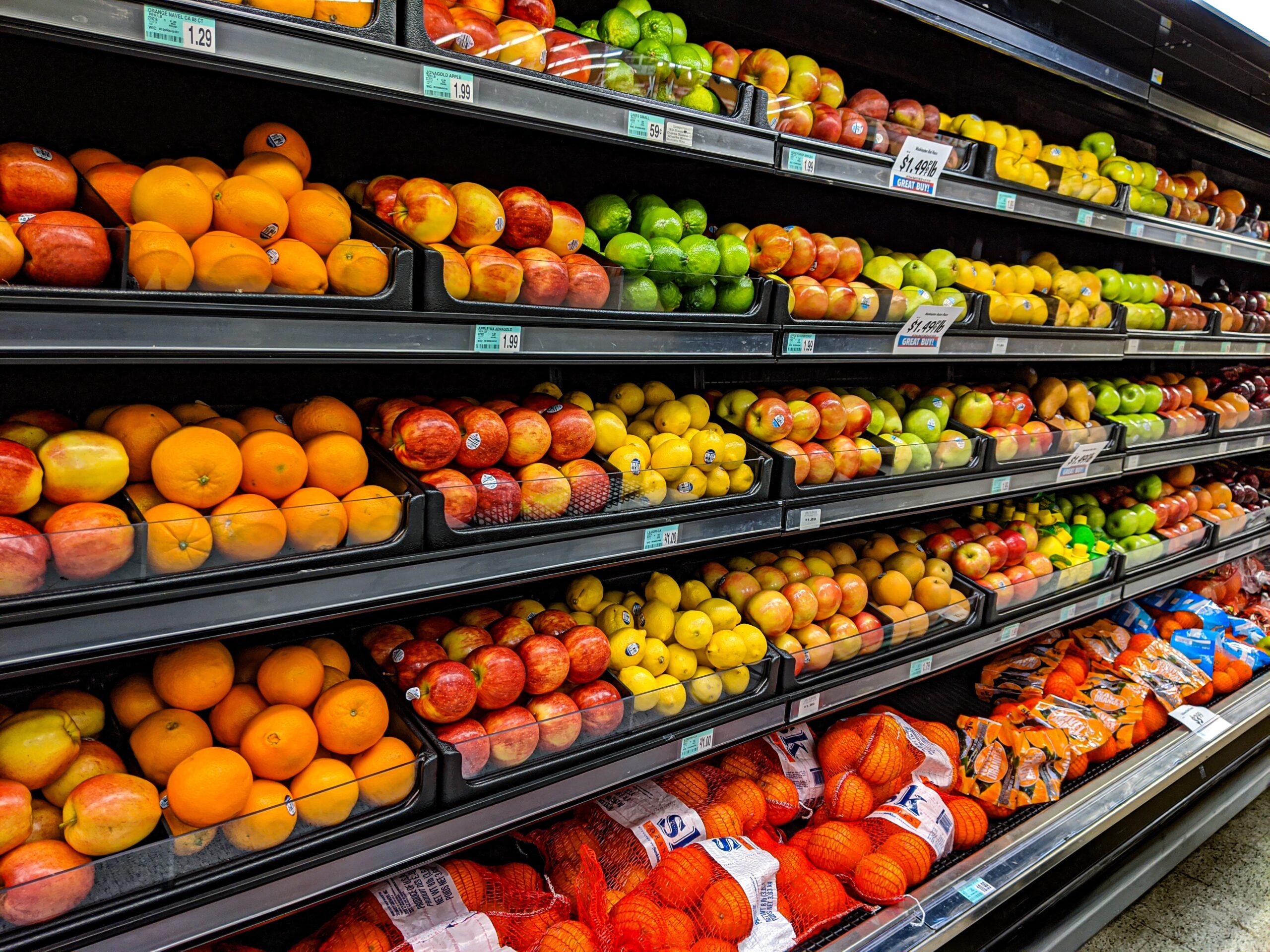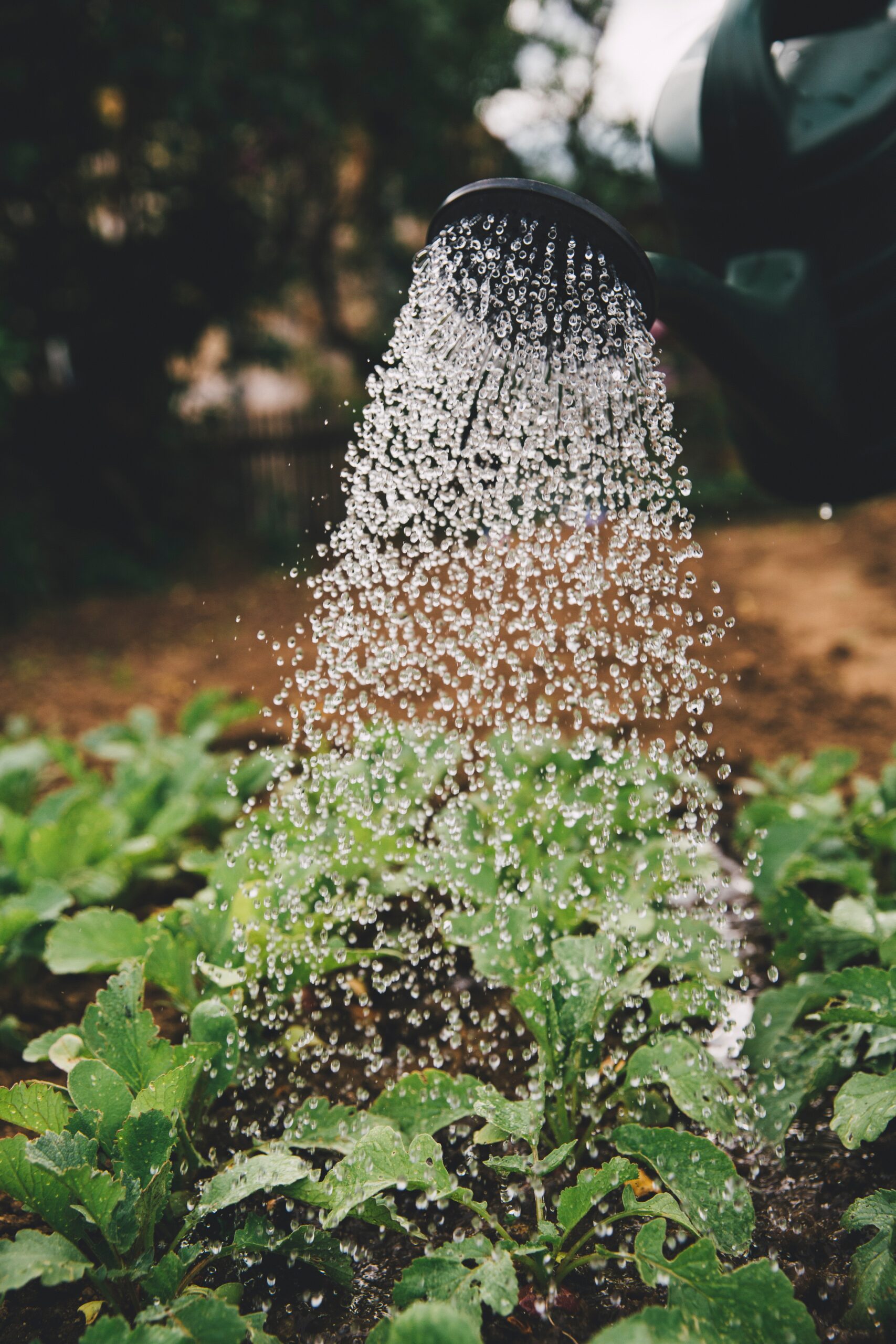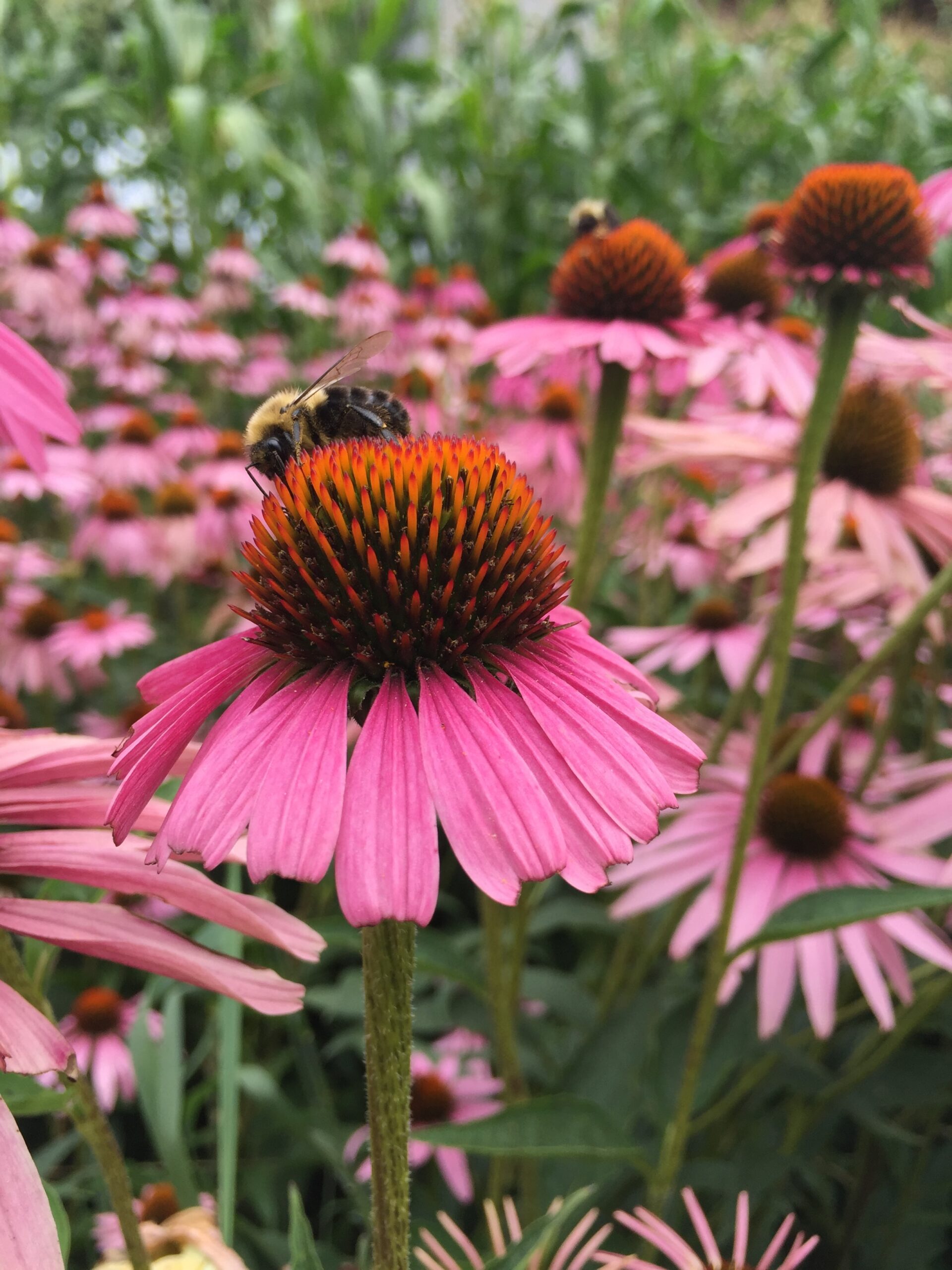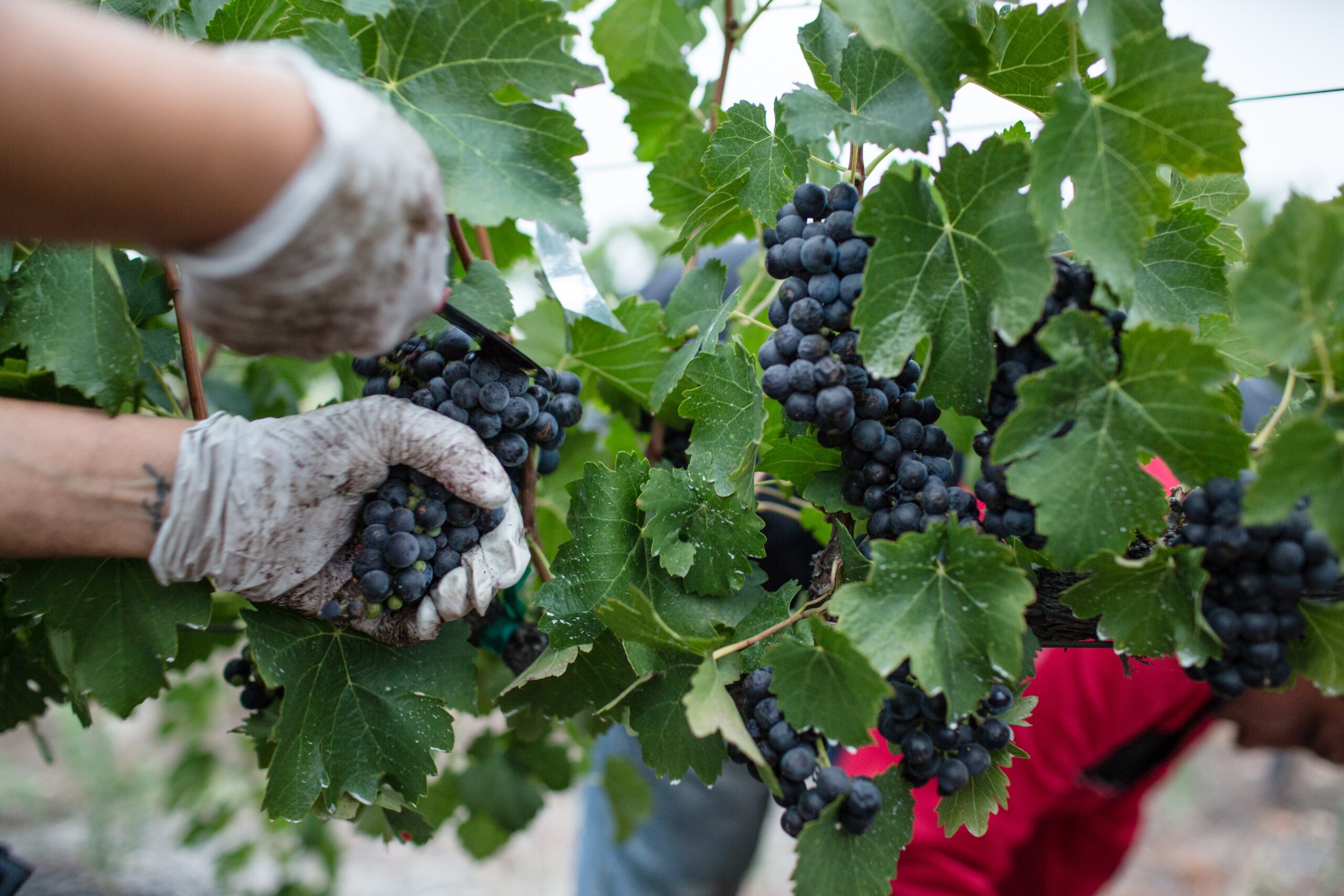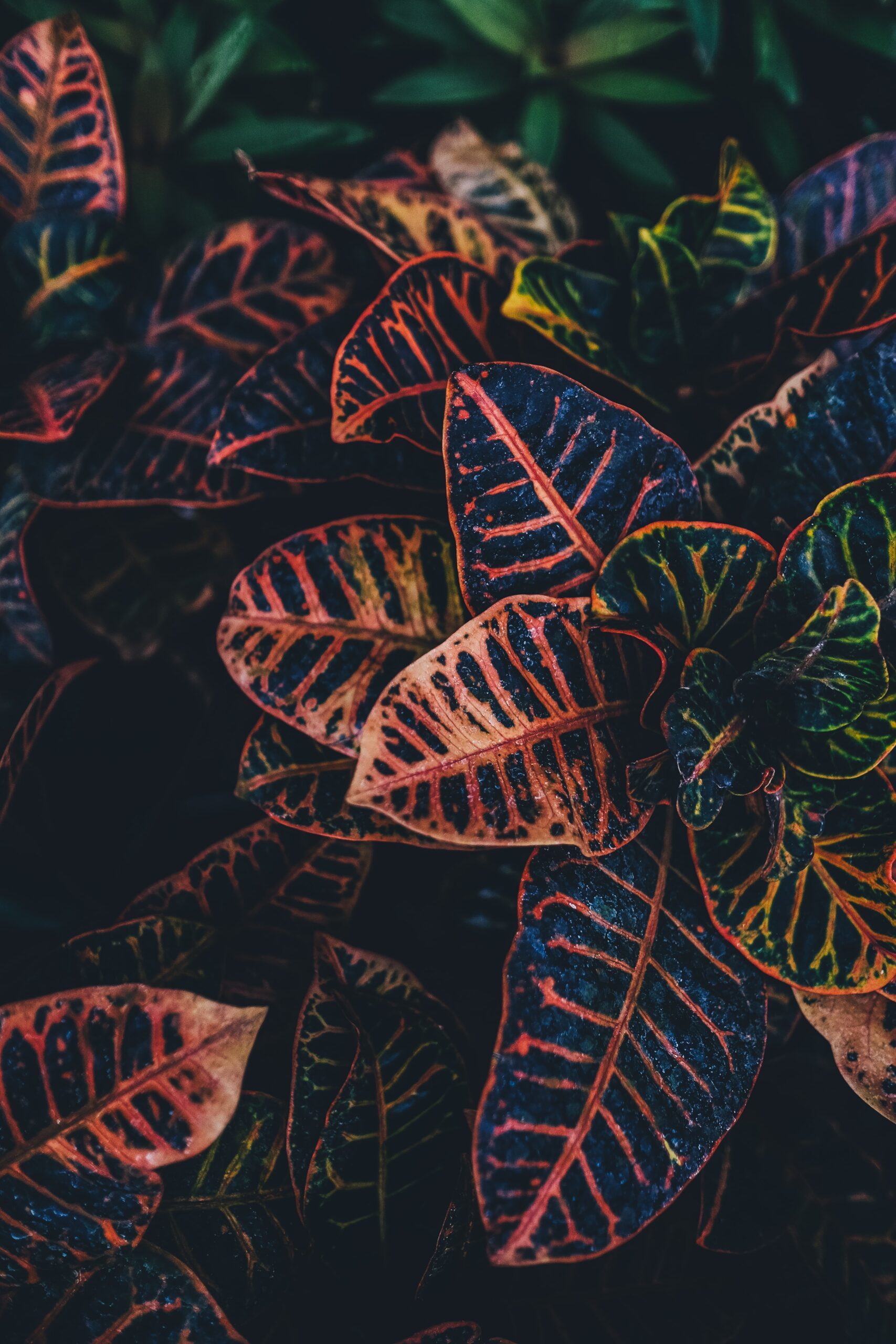The benefits of insect pollination to crop yields depend on genetic and environmental factors including plant self-fertility, pollinator visitation rates, and pollinator efficacy. While many crops benefit from insect pollination, such variation in pollinator benefits across both plant cultivars and growing regions is not well documented. In this study, across three states in the northern Great Plains, United States, from 2016 to 2017, we evaluated the pollinator mediated yield increases for 10 varieties of confection sunflowers, Helianthus annuus L. (Asterales: Asteraceae), a plant that is naturally pollinator-dependent but was bred for self-fertility. We additionally measured pollinator visitation rates and compared per-visit seed set across pollinator taxa in order to determine the most efficacious sunflower pollinators. Across all locations and hybrids, insect pollination increased sunflower yields by 45%, which is a regional economic value of over $40 million and a notional value of over $56 million. There was, however, some variation in the extent of pollinator benefits across locations and plant genotypes, and such variation was significantly related to pollinator visitation rates, further highlighting the value of pollinators for confection sunflowers. Female Andrena helianthi Robertson (Hymenoptera: Andrenidae) and Melissodes spp. (Hymenoptera: Apidae) where the most common and effective pollinators, while other bees including managed honey bees (Hymenoptera: Halictidae), Apis mellifera L. (Hymenoptera: Apidae), small-bodied sweat bees (Hymenoptera: Halictidae), bumblebees Bombus spp. (Hymenoptera: Apidae), and male bees were either infrequent or less effective on a per-visit basis. Our results illustrate that wild bees, in particular the sunflower specialists A. helianthi and Melissodes spp., provide significant economic benefits to confection sunflower production.













































































































































































































































































































































































































































































































































































































































































































































































































































































































































































































